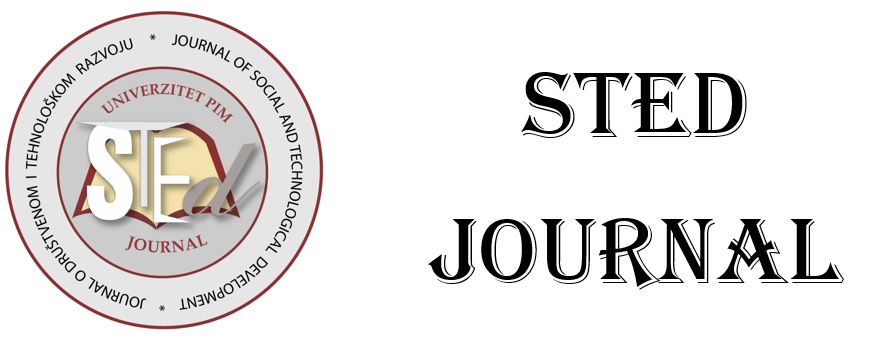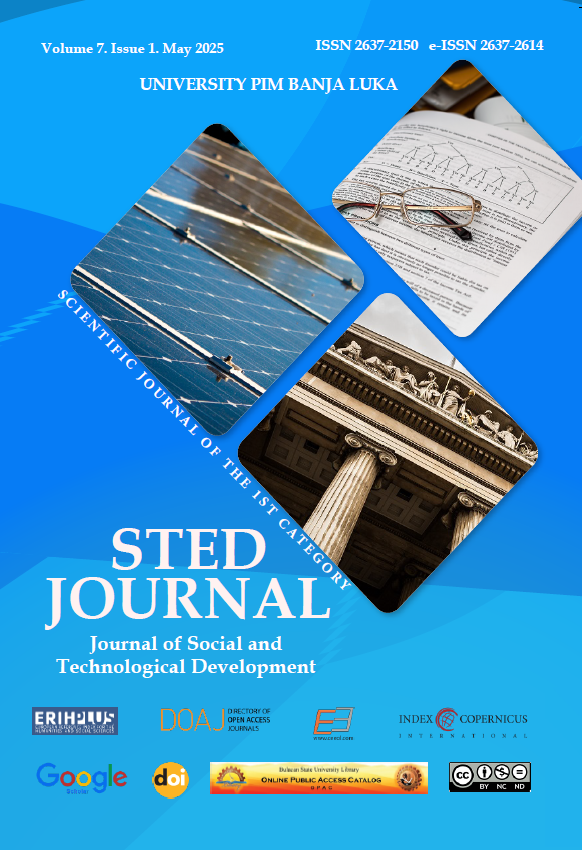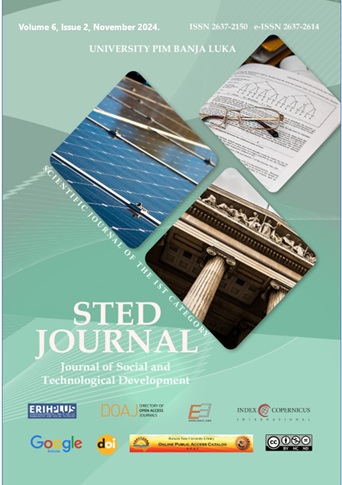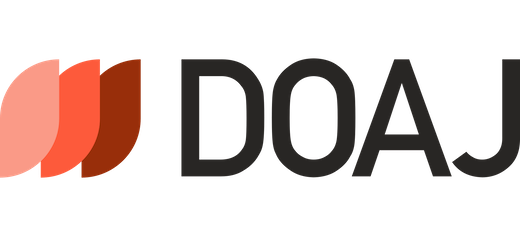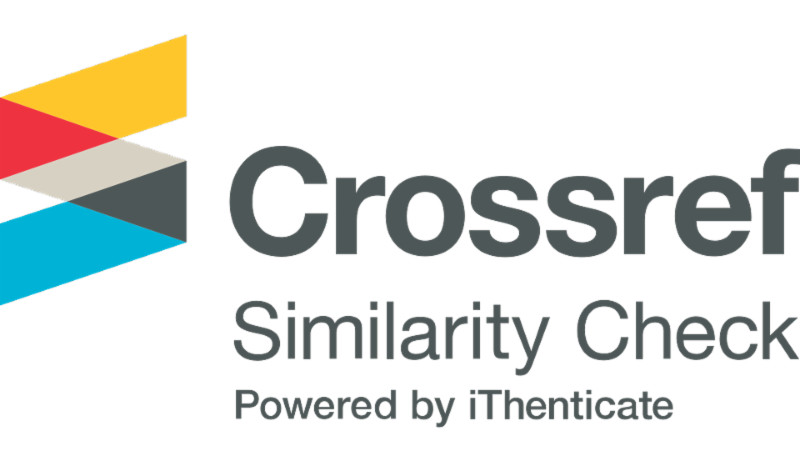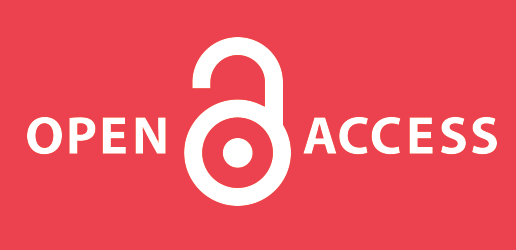Current issue

Volume 7, Issue 2, 2025
Online ISSN: 2637-2614
ISSN: 2637-2150
Volume 7 , Issue 2, (2025)
Published: 28.11.2025.
Open Access
All issues
Contents
29.11.2024.
Original scientific paper
ADSORPTION KINETICS AND THERMODYNAMICS OF CIPROFLOXACIN FROM AQUEOUS SOLUTIONS BY MAGNETIC IRON OXIDE NANOPARTICLES MODIFIED MORINGA PODS
The adsorption process of metal oxide nanoparticles has been studied as an effective means of removing organic and inorganic contaminants from water and wastewater. In this study, iron (III) oxide (Fe3O4) nanoparticles were synthesized in the presence of moringa oleifera pods (MOP) as an adsorbent for ciprofloxacin (CIP) adsorption. Moringa oleifera pod biochar with Fe3O4 particles precipitated on the surface of biochar was synthesized by co-precipitation method. The effect of various parameters such as contact time, pH, metal concentration and adsorbent dosage on the removal efficiency was determined. The maximum adsorption capacity of CIP by magnetic moringa composite (MMC) was 96.12 mg/g. The Langmuir and Freundlich isotherm equations were used to analyze the equilibrium isotherm data. The adsorption process fit well with the second-order kinetics in all cases, and the Langmuir isotherm equation fitted well with the experimental data.
Mokete John Phele, Fanyana Moses Mtunzi, Joe Modise, David Shooto
29.05.2023.
Review scientific paper
THE IMPORTANCE OF THE ATTITUDES OF THE LOCAL POPULATION FOR THE SUSTAINABLE DEVELOPMENT OF TOURISM ON THE EXAMPLE OF THE CITY OF MALINSKA
Tourism began to grow relatively slowly throughout history, starting in the middle of the 20th century. Today, tourism as a whole has imposed itself as one of the most propulsive economic activities. For the Republic of Croatia, where tourism accounts for more than a fifth of the GDP of the national economy. The aim of this work is focused on the presentation of the potential and concept of tourism development of island tourism with an emphasis on the island of Krk, i.e., its most developed municipality of Malinska. The paper conducted an empirical investigation of local residents’ attitudes about the elements of the tourism offer in the municipality of Malinska and the impact of tourism on its development. The purpose of this research, in the interpretation of the obtained results, is to find relevant answers at the level of the tourist destination of Malinska about the attitude of the local population towards tourism, towards phenomena in the environment of importance for tourism, towards the development of the tourist destination and the assessment of the offer and quality of the tourist offer. The general results of the research led to the conclusion that the tourism of the mentioned destination has progressed, but that there is still room for progress and development of the offer in order to build a more competitive and market-recognizable tourist product.
Sandra Šokčević
29.11.2023.
Professional paper
THEORETICAL ASSUMPTIONS FOR AN INTRODUCTION TO ELLIPTIC CURVE CRYPTOGRAPHY
Understanding elliptic curves contributed to solving mathematical problems in number theory that had been unsolved for centuries. Elliptic curves were also used in solving one of the millennial problems, which is Fermat's last theorem. They are also connected with many hypotheses and problems in mathematics that have yet to be solved. Elliptic curves defined over finite fields are widely used in public key cryptography, since they have proven to be groups that have the best properties for implementing the Diffie-Hellman protocol. This article provides an overview of the theoretical assumptions that are necessary for the development of cryptographic algorithms based on elliptic curve cryptography, which includes defining elliptic curves, defining the properties of arithmetic operations on elliptic curves used in cryptography with reference to curves defined over finite fields.
Ognjen Milivojević, Boris Damjanović
29.11.2023.
Review scientific paper
ELIMINATION OF INTERFERENCE WITH WIRELESS MESH NETWORKS THROUGH BINARY SYMMETRICAL CHANNELS
This paper presents the binary symmetric channel as a common model of the communication channel used in theory of coding and theory of information. Since there is no noise in the channel, the data transmission delay is very small, which is why data can be transmitted quickly and in real time, without many errors, which greatly determines its practical application. Therefore, the theoretical basis of the functioning of the channel itself and its practical advantages will be presented in the text. The concept of binary coding will also be explained with the use of block codes that create the possibility of correcting eventual errors, as well as the application of a binary symmetric channel in improving signal interference when using a wireless network.
Alen Kamiš, Aleksandar Zakić, Saša Kukolj
29.11.2023.
Original scientific paper
ANALYSIS OF RELATIONSHIPS BETWEEN TEACHERS' ATTITUDES ON CHANGES IN EDUCATION, IDENTIFICATION WITH SCHOOL AND JOB SATISFACTION IN SCHOOL
The extent to which changes in the education system are driven by external economic and social systems and internal
factors of the education system is an open question that has yet to be answered after detailed analysis and research. Job satisfaction at school can influence the formation of positive attitudes, and cannot be excluded from the examination of individual attitudes about changes in the organization. Identification with the school represents a particularly significant form of positive attitudes of employees at the school, it has positive personal consequences in terms of better professional advancement, and therefore better performance of work. The research sample has elements of a multi-stage opportunity with elements of random selection, because a survey was conducted of teachers in the schools on Republika of Srpska, who were present at the sessions of the teaching-departmental council (n=400) at the time of the survey. The obtained data (analysis of responses on the scale of general and specific attitudes about changes and factor analysis) show that although teachers manifest a positive general attitude about changes in education, it should be noted that certain aspects of changes are latently perceived as negative. The general attitude about changes in education is statistically significantly positively related to identification with the school (r=.477, p<.001) and with job satisfaction at the school (r=.225, p<.001). Also, the results showed statistically significant differences in some special attitudes about changes in education with regard to the degree of identification with the school (perception of the outcome of changes in education χ²=16.869, df=2, p=.000 and readiness for additional education, χ²= 6.146, df=2, p=.046), while there are no such differences when it comes to being informed about changes and willingness to engage in changes. Furthermore, the results showed statistically significant differences in some special attitudes about changes in education with regard to job satisfaction at school (perception of the outcome of changes, χ²=32.081, df = 2, r=.000, awareness of changes χ²=14.259, df =2, r=.001 and readiness for additional education in order to improve one's own competencies χ²=8.621, df=2, p=.013). Desirable changes in this area Stanar, S. (2023). Analiza relacija između stavova nastavnika o promjenama u obrazovanju,
identifikacije sa školom i zadovoljstva poslom u školi. STED Journal, 5(2), 1-19. STED Journal 5(2). November 2023. Journal homepage: https://stedj-univerzitetpim.com/en/homepage/ 19 need to be focused both on changes in the
individual and on changes in society as a whole. From the aspect of changes in the individual itself, it is not so much a problem to establish what it is that moves some individuals and hinders others in the process of change, as much as it is a problem find a way to use the obtained data in a practical sense: what, how and why to change.
Snježana Stanar
29.05.2023.
Original scientific paper
THE INTERACTION OF FAMILY AFFECTIVE ATTACHMENT AND PASSIVE DEPENDENCE IN PARTNER RELATIONSHIPS
The paper has the main goal to determine whether there is a statistically significant connection between early created affective relationship between parents and children and later partner relationships. The research was conducted on a sample of 136 respondents, 75 women and 61 men. The following questionnaires were used in this research: a structured questionnaire for sociodemographic and family data (gender, education, marital status, completeness of the family, family functionality, upbringing, alcoholism in the family during childhood and psychiatric diseases), a questionnaire about family affective attachment and the scale of passive dependence in partner relationships. The data were collected via social networks. The research results confirmed tre expected frequency distribution of the four patterns of affective attachment in our sample. Also, it was shown that respondents of different patterns of family affective attachment discriminate in the level of passive dependence in partner relationships. According to the data obtained through statistical processing, respondents with an occupied attachment pattern achieve the highest scores on the Questionnaire of Passive Dependence in Partner Relationships, while securely attached respondents achieve the lowest scores. Although insecurely attached subjects achieved higher scores on the mentioned questionnaire than securely attached subjects, this difference was not statistically significant, and that is why our third hypothesis was rejected.
Tijana Bogdanić, Snežana Samardžić
29.05.2023.
Review scientific paper
CLIMATE VARIABILITY AND CHANGE IMPACTS ON VEHICULAR FUEL CONSUMPTION AND EMISSIONS – A SYSTEMATIC OVERVIEW IN AFRICA
Increasing energy demand has become a major issue of concern globally. Addressing the issue requires the sustainable development of the transportation sector of every nation. Sustainable transport system will meet basic and developmental needs while ensuring equity within and between generations. Fuel consumption and emissions are key issues of importance when considering the sustainability of road transportation. In order to actualize the SDGs, overarching factors impacting on transport vehicle fuel consumption and emissions should not be compromised. Weather being one of such factors is understudied especially in Africa based on the authors knowledge from literature. Consequently, the review accentuates on how weather parameters affect fuel consumption and emissions throwing more light on similar studies that have already been conducted to facilitate replicability in Africa. ‘Google scholar and Scopus’ were used to obtain relevant literature database from 2000-2022. In total, 111 articles were systematically reviewed, out of which 41 were from Europe, 38 from America, 23 from Asia and 7 from Africa. Among the weather parameters reviewed, temperature was the most pronounced with percentage share of 46 % followed by air pressure 16%, precipitation 15%, humidity 12%, wind 11%. All the weather factors strongly impacted on vehicular fuel consumption and its concomitant greenhouse gases emissions based on the results depicted by the review. Climate variability and change is detrimental to fuel consumption and emissions and should not be overemphasized when making road transport policies and decisions.
Janet Appiah Osei, Rabani Adamou, Amos T. Kabo-Bah, Satyanarayana Narra
29.05.2023.
Review scientific paper
DEVELOPMENT OF NEW SENSORS AND TECHNOLOGIES FOR PRECISION AGRICULTURE
Precision agriculture is becoming increasingly important in modern agriculture as it allows farmers to optimize production and increase yields. This includes the use of sensors and technologies to collect and analyze data on soil, crops, weather, and other relevant factors. However, existing technology still has limitations such as accuracy and coverage over large areas. In order to solve this, new sensors and technologies are being developed, especially those based on artificial intelligence and machine learning, which allow for greater accuracy in data collection. In addition, new technologies such as drones and satellite imagery are being used to map crops and optimize agricultural production. This paper analyzes some of the latest developments in precision agriculture, providing insight into the future development and application of this technology. This work is particularly relevant to farmers, researchers, and companies involved in the development of sensors and technologies for precision agriculture.
Vesna Radojčić, Aleksandar Sandro Cvetković
29.05.2023.
Original scientific paper
DIGITALIZATION OF PUBLIC ADMINISTRATION IN BOSNIA AND HERZEGOVINA WITH A SPECIAL FOCUS ON THE FIELD OF IT STAFF MANAGEMENT AND ICT INFRASTRUCTURE MANAGEMENT
Digitization of public administration is a choice that has no alternative. The analysis of public administration in Bosnia and Herzegovina was research through the trends of changes in public administration and refers to: working conditions, access to work execution, developments with IT personnel, business conditions, investments, needs for new technologies, equipment and security. The key factor in every public administration is personnel. In the paper, we have presented an analysis of the employment of IT personnel at the level of B&H and the facts that emerged from the conducted analyses. Management of IT personnel, their need, recruitment and stimulation in public administration is a big challenge. An analysis of the current situation, trends and solutions is given through the available data. In order to digitize public administration, investments are also needed, of course these investments should be well thought out and guided by examples of good practice. Based on available data, analyses of investments in ICT in public administration at the level of institutions of B&H and Brčko District were carried out. An example of good practice was presented and solutions were given.
Jefto Džino, Stefan Džino
29.05.2023.
Original scientific paper
THE CONNECTION BETWEEN THE PERCEPTION OF MOBBING AND WELL-BEING AT WORK FEMALE EMPLOYEES
Mobbing is a behaviour whose aim is to underestimate and degrade other human beings by means of malevolent language and obscure cruel acts, which gradually undermine one’s proper functioning and affect both one’s mental and physical health (Kostelić-Martić, 2005). Well-being at work refers to all aspects of employees’ workplace life, from how they feel, what their working environment is like, safety at work including physical and psychological safety, job satisfaction, involvement in work and the position they have in the organization. The research problem refers to the examination of the connection between the perception of mobbing and the well-being at work of employees. Individuals who perceive mobbing as present in the organization and who are exposed to this type of stress, have impaired well-being. According to earlier findings, mobbing significantly affects the well-being of individuals at work in a way that impairs it, whereby they experience various psychological disturbances and are thrown out of work activities, because they stop adequately performing work tasks. Also, people who experience mobbing have a decline on motivation, work efficiency, a drop in the feeling of fulfillment, loss of trust, they complain of fatigue and feelings of anger and frustration. Two measurement instruments were used in the research: the mobbing perception scale and the Work Well-being Scale – WBWS, which have satisfactory measurement characteristics. The survey was conducted via an anonymous internet questionnaire, and a representative sample of employees in Bosnia and Herzegovina was used (n=273). The data thus obtained indicates that, statistically, the perception of mobbing is significantly negatively related to well-being (rho=-.382, p<.01), and its two aspects: positive affects (rho=-.531, p<.01), a feeling of fulfillment (rho=-.337, p<.01), and positively related to the negative effects aspect (rho=.592, p<.01), which confirms both the starting hypothesis and its sub-hypotheses. The perception of mobbing in the workplace negatively affects the well-being at work, i.e. higher levels of subjective perception of mobbing go hand in hand with lower levels of well-being at work. Furthermore, higher levels of the perception of mobbing are accompanied with lower levels of positive affects and feeling of fulfillment, and higher levels of negative affects.
Although the consequences of mobbing are felt, to the greatest extent, on an individual level, there are inevitable negative consequences on the organizational level as well. As mobbing has a negative effect on the well-being at work of an individual, it also adversely affects the work and results of the entire organization.
Snježana Stanar
